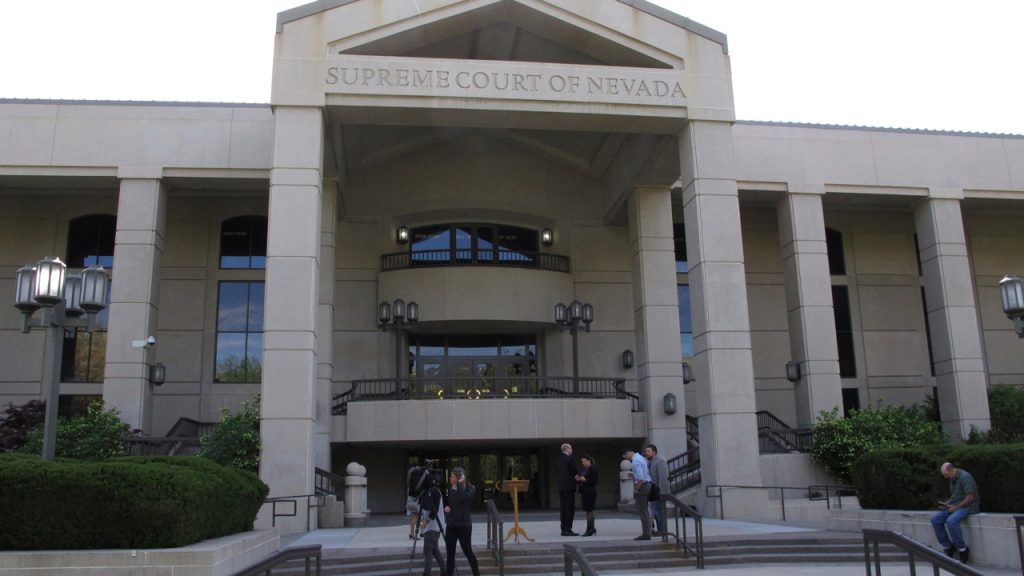The Nevada Supreme Court recently ruled against a proposed ballot initiative that would have allowed voters to decide on repealing public funding for a new MLB stadium in Las Vegas. This decision was a setback for those who opposed the funding and saw a ballot question as the best way to repeal parts of the bill that allowed the Oakland Athletics to move to Las Vegas. Five judges upheld a lower court ruling that struck down the referendum, while one judge dissented and another partially dissented. The Schools over Stadiums political action committee, supported by the Nevada State Education Association, aims to get the question on the 2026 ballot.
The debate over stadium financing in Nevada reflects similar discussions happening across the country regarding the use of public funds to finance sports stadiums. While A’s representatives and some Nevada tourism officials believe public funding for the stadium will benefit Las Vegas’s sports scene and act as an economic engine, stadium economists, educators, and some lawmakers have warned that the benefits may be minimal compared to the significant public cost. The Nevada Supreme Court determined that the full 66-page bill must be included in the ballot question, despite the limitation of 200 words for ballot referendums.
The court found that the 200-word description submitted by Schools over Stadiums was misleading and did not adequately explain the specific effects of the referendum. Attorney Bradley Schrager, representing two plaintiffs who are labor union lobbyists in favor of public funding, emphasized the importance of properly informing voters about proposals in direct democracy. MLB owners have approved the A’s relocation to Las Vegas, underscoring the significance of the debate surrounding public funding for the new stadium. The ruling by the Nevada Supreme Court highlights the complexities and challenges in effectively communicating the details of such initiatives within the constraints of a ballot referendum.
While the Nevada Supreme Court’s decision may have halted progress on repealing public funding for the MLB stadium, proponents of the initiative remain committed to advancing their cause and potentially securing a spot on the 2026 ballot. The involvement of the Schools over Stadiums PAC and the Nevada State Education Association underscores the broader implications of public funding decisions for various stakeholders. As the debate continues, the court’s emphasis on transparency and clarity in informing voters about complex issues remains a key consideration for future ballot initiatives. The ruling also reflects the broader national discourse around public funding for sports stadiums and the balancing of economic benefits with taxpayer costs.
Ultimately, the Nevada Supreme Court’s ruling on the proposed ballot initiative regarding public funding for the MLB stadium in Las Vegas underscores the intricacies of direct democracy and the challenges of effectively communicating complex issues within the constraints of a ballot referendum. The decision has implications for stakeholders on both sides of the debate, highlighting the importance of transparency and clarity in informing voters about significant public funding decisions. As discussions around stadium financing continue in Nevada and nationwide, the ruling serves as a reminder of the need for thoughtful consideration and thorough communication to ensure that voters are well-informed when making decisions that impact their communities.


